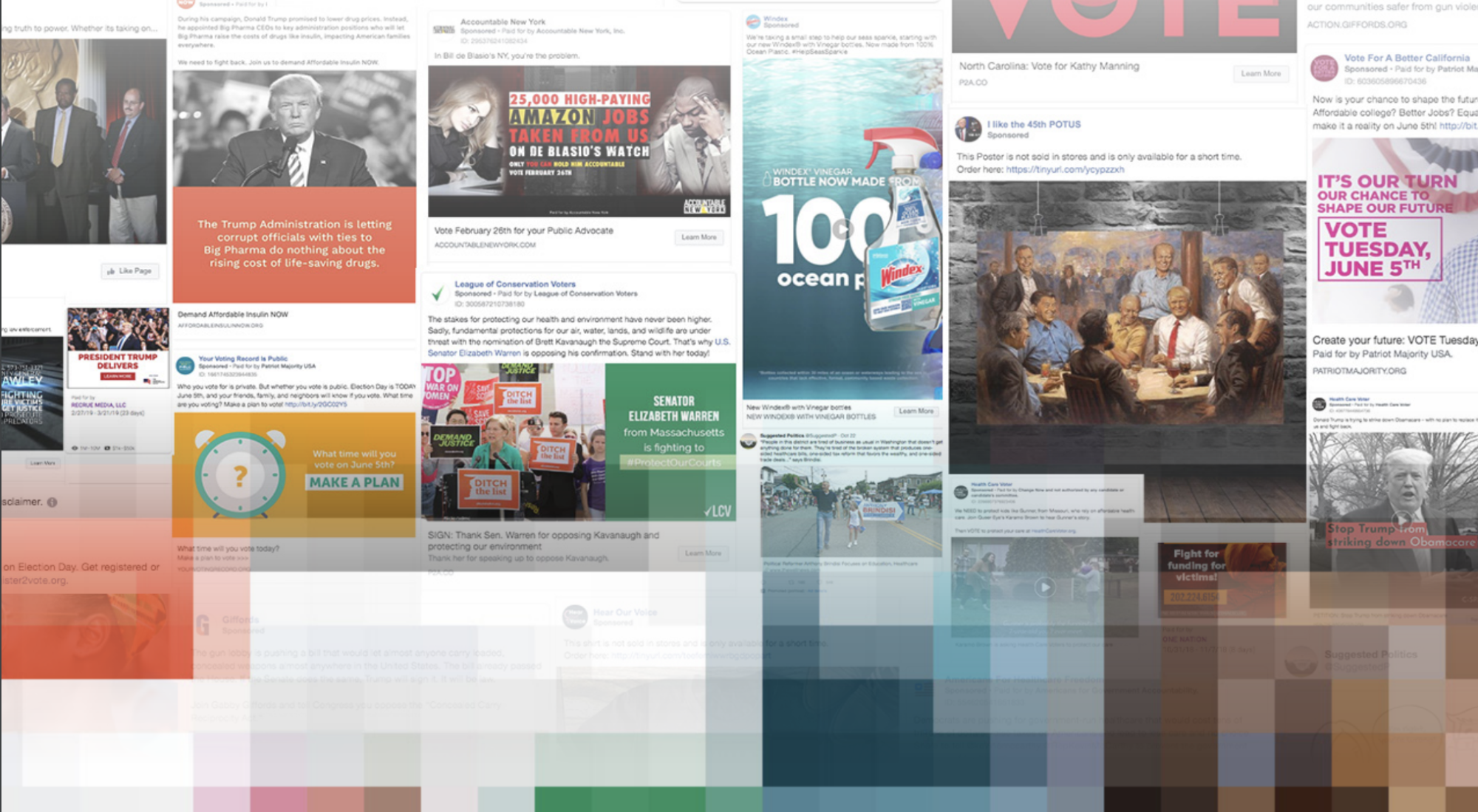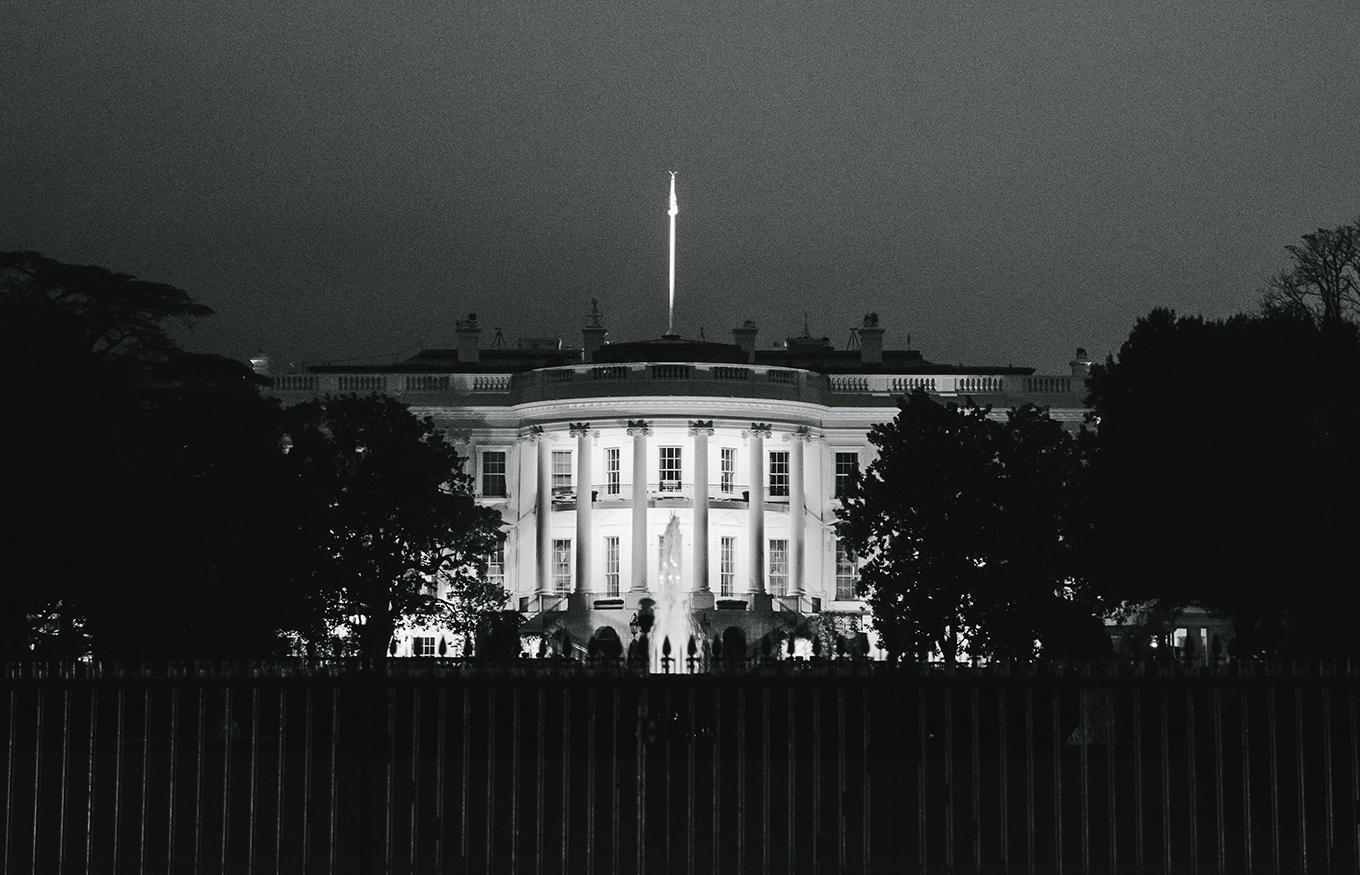Issue One’s latest report, “Digital Disaster: The failures of Facebook, Google, and Twitter’s political ad transparency policies,” reveals how piecemeal, voluntary approaches by the largest social media platforms to stop disinformation campaigns fail to protect our political system from foreign interference.
As the report shows clearly, the companies’ political ad transparency policies are a mess, and they do not measure up to the existing standards governing political ads on broadcast television and radio or the guidelines set by the bipartisan Honest Ads Act. The databases of political ads that they’ve created to help the public monitor digital ad spending in U.S. elections are also deeply flawed.
“We need to stop foreign disinformation campaigns on the largest social media platforms. The best way to begin doing that is for Congress to pass the bipartisan Honest Ads Act and ensure information about paid, online political ads and their sponsors are uniform, reliable, and accessible,” said Issue One CEO Nick Penniman.
Issue One’s report provides new details and examples highlighting the failures of the political advertising policies of Facebook, Google, and Twitter at a time when they are increasingly coming under scrutiny. Just last week, Twitter CEO Jack Dorsey announced the company would stop “all political advertising” later this month, and hundreds of Facebook employees signed a public letter to Facebook CEO Mark Zuckerberg criticizing the site’s advertising policies after he testified before Congress on October 23.
In our analysis, we found that each technology company defines and enforces political ad “transparency” differently. Rules also vary about who can buy political ads, how ad sponsors are identified, and how ads are categorized as “political.” (A “Case Studies” section of the report provides more details and specific examples.)
Among the report’s specific findings:
- Bungled dark money disclosure. While the political ad databases provide new details about political spending by dark money groups, this information is far from uniform and doesn’t reveal details these groups would have had to report to the FEC if they ran TV or radio ads. The information displayed also falls short of what would be required under the standards set by the Honest Ads Act.
- More than 25,000 Facebook ads were missing disclaimers between June and September 2019, including from candidates running in 2020 such as Democratic presidential candidates Elizabeth Warren and John Hickenlooper.
- Ads without disclaimers were sponsored by companies selling political merchandise connected to individuals in Vietnam. One of these companies, called Hear Our Voice — which sells clothing supportive of liberal icons such as Democratic presidential candidate Bernie Sanders and Supreme Court Justice Ruth Bader Ginsberg — has spent more than $167,000 on ads, and none of them have included disclaimers.
- Intermediaries were listed as ad sponsors. Companies such as Recrue Media, Election Day Strategies, and Fortune Hill Group ran online ads on behalf of political candidates and groups. But the ads were not associated with candidates or groups who sponsored them. People cannot know how much money a particular political group has spent if some ads are associated with an ad-buying firm instead of the ad’s actual sponsors.
- Misleading disclaimers on ads. Liberal dark money group Patriot Majority USA ran ads aimed at turning out voters in California — but it sponsored these ads using three separate Facebook pages it controlled. Without the disclaimers attached to these ads, viewers would not have known that these Facebook pages were connected to this dark money group.
- Disappearing ads. Ads in Twitter’s political ad library disappear forever when the account that purchased them is deleted. Additionally, despite a requirement by Twitter that political advertisers have public accounts, Issue One’s analysis found ad spending on Twitter associated with several accounts that are no longer public — meaning that none of these accounts’ ads can be viewed in Twitter’s ad library without the advertiser approving you as a follower.
- Non-political ads in the political ad databases. Because Facebook, Google, and Twitter have different criteria for what counts as a “political ad,” Windex, Hinge, and other companies have been captured as part of these ad databases.
These problems, and others, make a compelling case for uniform standards and policies set by Washington, such as the bipartisan, bicameral Honest Ads Act, which was drafted in direct response to the foreign interference in the 2016 election.
Without a new law, these companies’ voluntary political ad transparency policies and online ad libraries are the only way to catch foreign interference, but they will only exist as long as the companies desire, and they could change without notice at any time. It’s unclear what will become of Twitter’s online ad library when the company bans political ads.
Members of Congress are not the only ones in Washington who could bring more transparency to online ads and help prevent foreign interference in our elections. The Federal Election Commission could also take official action, but it is unlikely to do so any time soon, as it has been effectively shut down since the beginning of September and there’s zero political will to change that.
Given the inadequacies and inconsistencies of these political ad libraries, Issue One has also produced a tip sheet for reporters and the public to better understand the data contained in these databases.
Read the full report and download the digital advertising primer & reporter tip sheet.







